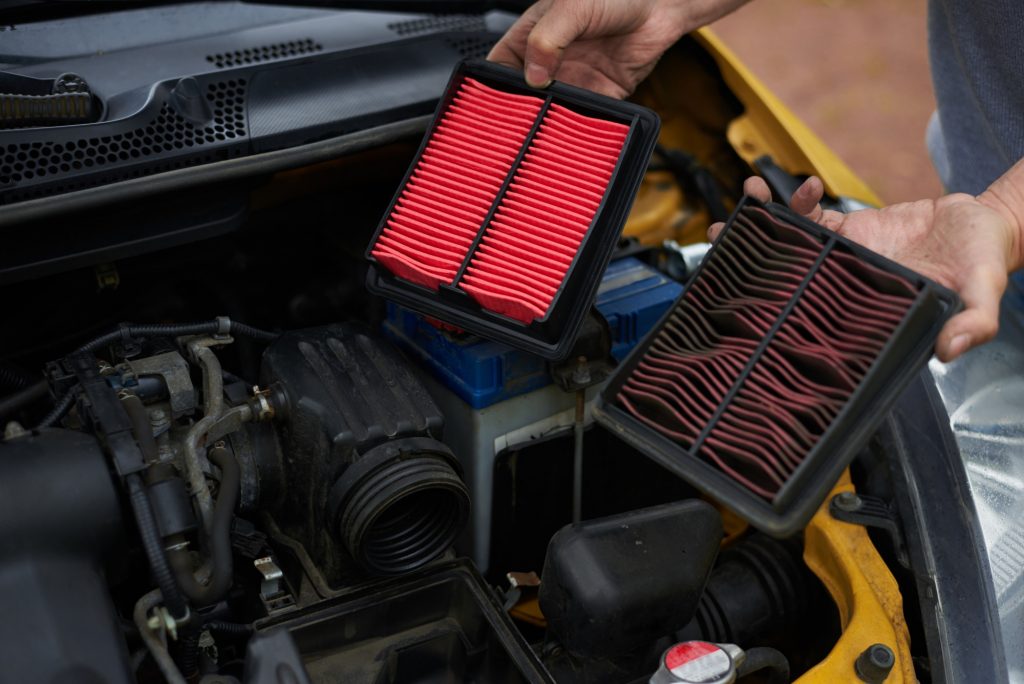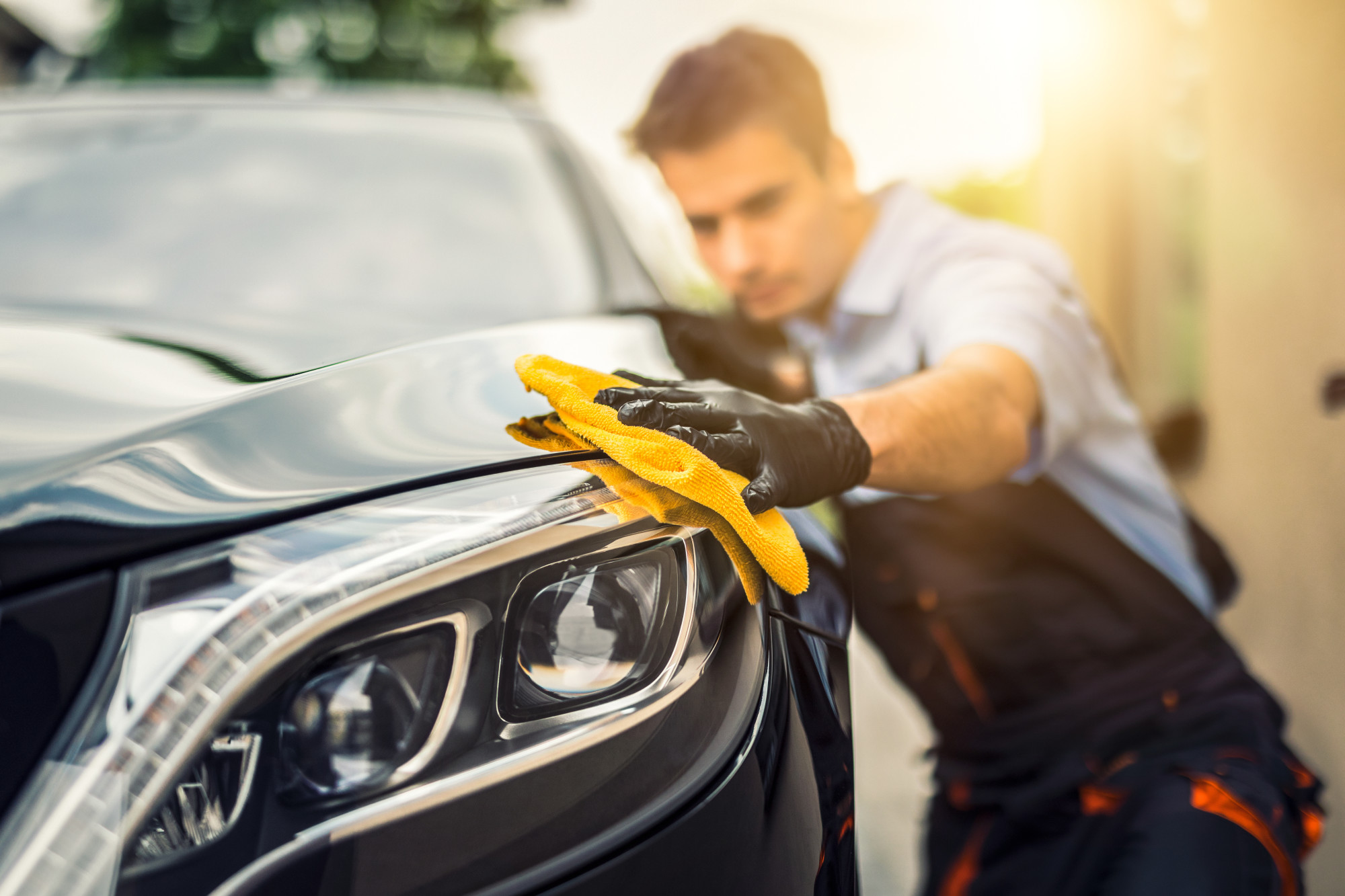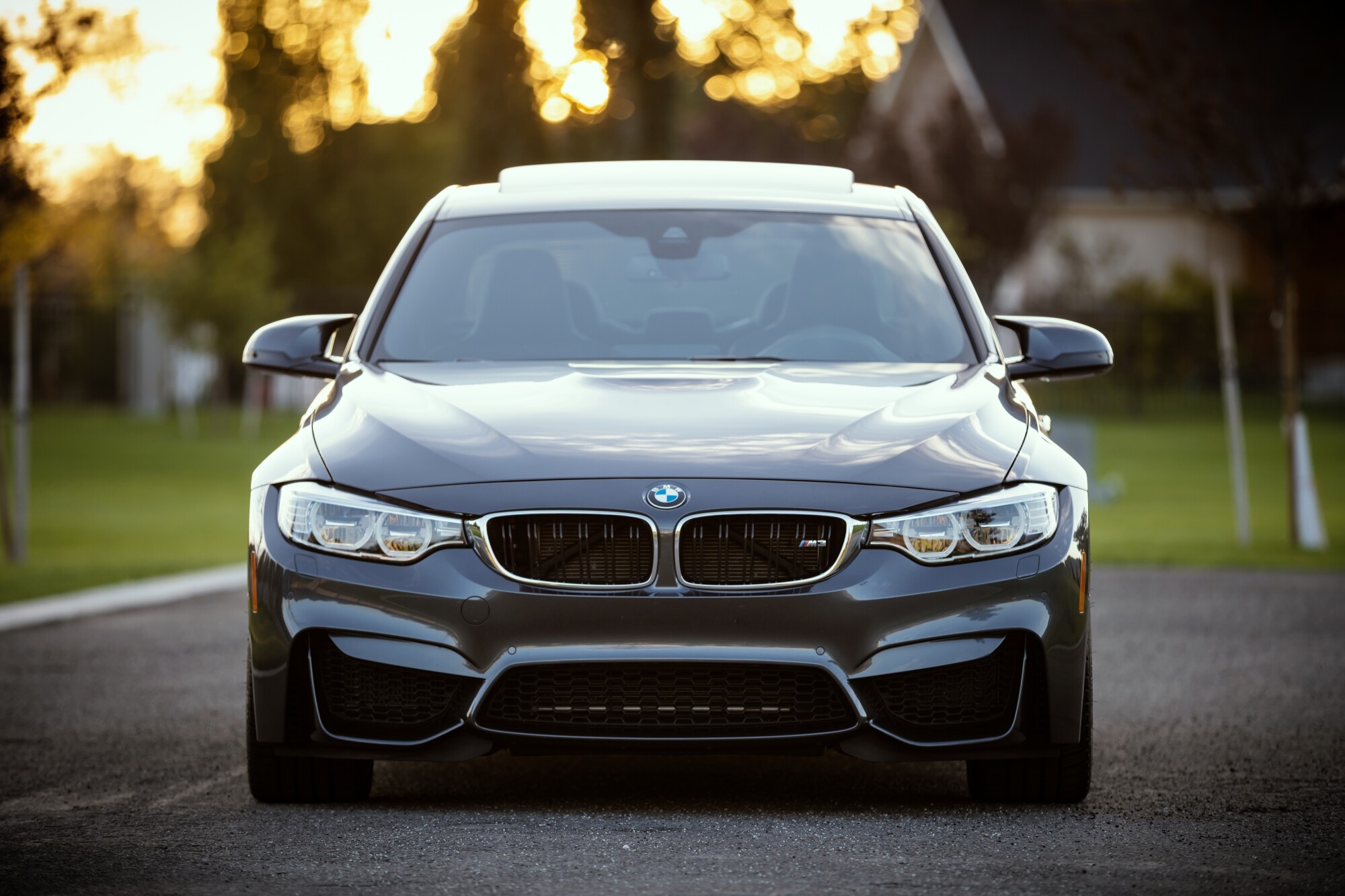
Your car has been making funny noises, and you have no idea what could be wrong. Is there any way to skip the confusion?
Tune up your car yearly! This will keep your vehicle at its original performance, improve fuel economy in some cases, and save you money from expensive repairs. The resale value will also increase.
Follow this car tune up checklist to keep your vehicle running.
Battery
Car batteries can last anywhere from three to ten years. People who live in hotter climates will have to replace their battery sooner than those in northern areas. Not using your car for a long period also negatively affects the battery.
Belts and Hoses
Coolant is carried through car hoses, preventing corrosion and the engine from overheating. Hoses can also transfer power steering fluid.
Over time the hoses can become cracked and reduce the effectiveness of coolant and power steering fluid. When the crack is big enough, the car will overheat. Especially check your hoses if your car is close to or over 100,000 miles.
If you don’t have a timing chain, you have a timing belt. They both control the timing of other car parts so your vehicle runs properly. A timing belt is changed between 75,000 and 90,000 miles. A timing chain lasts beyond 100,000 miles.
The serpentine belt connects pulleys which make the alternator and pumps work. It naturally wears down due to stress and heat. The belt lasts between 60,000 and 100,000 miles.
A belt tensioner regulates the tension of the serpentine belt. Its lifespan is longer than the belt, but it should be checked if you hear a squeaking noise from the engine. Your alternator, air conditioning and heating, and power steering will also start showing issues.
Filters
Just like you need your home washed (www.cleanmystuff.com) every so often to get rid of dirt, you need to replace all of your car’s filters with clean ones.
Buildup in oil from the engine running can cause corrosion of the engine. The oil and oil filter should be changed between every 5,000 and 10,000 miles.
The air filter is bound to clog as it filters thousands of gallons per one gallon of fuel. A clogged filter will reduce engine performance. It decreases fuel economy in carbureted engines.
Replace your air filter between 15,000 to 30,000 miles.
Your fuel filter may need to be changed if your car hesitates when speeding up or idles. A clogged fuel filter causes low fuel pressure, and your fuel pump could die. Check your filter around 30,000 miles.
Keep the air inside your car clean by replacing the cabin air filter every year. Pollen, dust, and fumes can get through an old filter and contaminate the airflow.
Fluids
Brake fluid should be replaced every 20,000 to 45,000 miles to ensure the brakes work effectively. Your car won’t be able to stop if you fail to inject new fluid.
Coolant prevents your vehicle from overheating. Flush out the cooling system and put in coolant again at 60,000 miles.
Your transmission could burn up if you don’t change the transmission fluid. Manual transmission should get new fluid at 30,000 to 60,000 miles. Fluid in automatic transmissions lasts between 30,000 to 100,000 miles.
Monitor the color and smell of the fluid to know if it’s bad. Bad fluid will be dark and smell burnt. Good fluid is pink and smells sweet.
Power steering fluid makes steering work normally. It may have to be changed at 30,000 miles or it could last until 100,000 miles. Check the fluid yearly and replace it when it looks muddy.
Ignition
A check engine light could mean you need to get new spark plugs. It depends on the kind you have.
Titanium and iridium spark plugs are good until 90,000 to 100,000 miles. Copper spark plugs only last until 30,000 miles.
Ignition wires are a vital part of a running vehicle. They transfer the spark to the spark plugs. Change your wires every 60,000 to 100,000 miles.
Replace the distributor cap and rotor simultaneously every 50,000. This should be done even if they seem to be fine.
Brakes
Worn out brake pads will make a screeching noise when you press on them. Don’t wait for this to happen. Check them regularly. They last between 30,000 and 70,000 miles.
Brake rotors are metal discs under the brake pads. They should be changed or ground down at around 60,000 miles.
Car Tune Up Checklist Importance
Having a maintenance schedule will give your car a longer life. A better-working car also means you can sell it for more. You’ll save money in the long run by caring for your car yearly.
Follow this car tune up checklist and keep your car on the road for longer. Consult your owner’s manual for a specific schedule.




